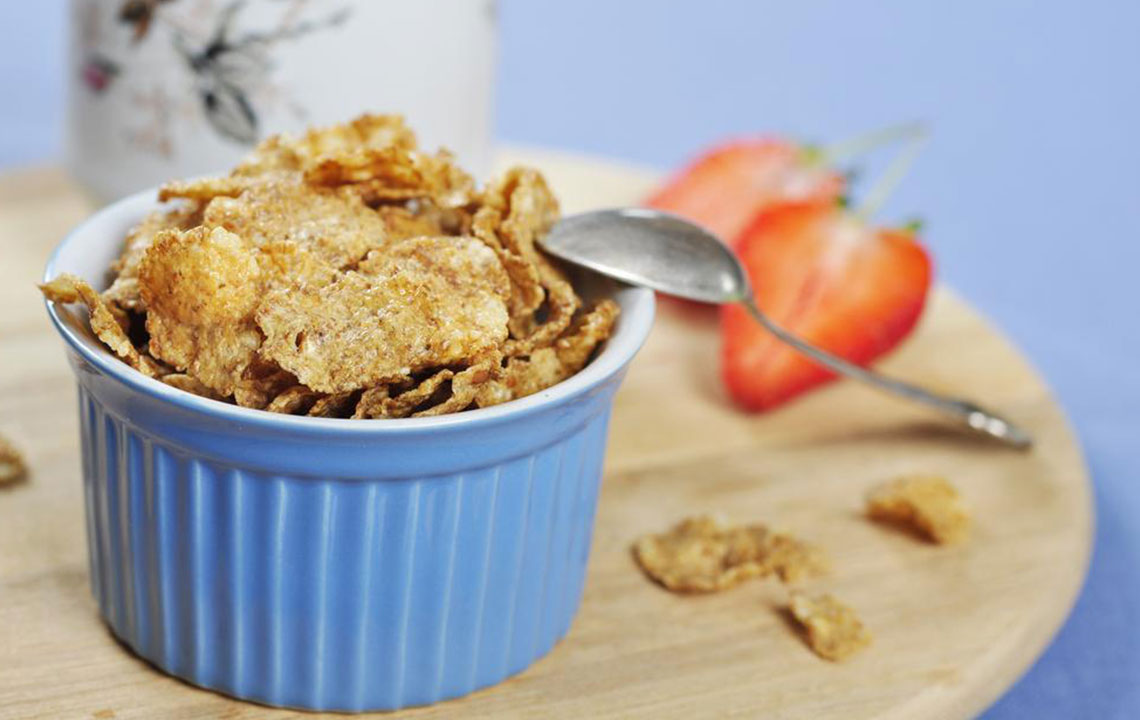Effective Strategies for Managing Constipation: Do Laxatives Help?
Learn about the different types of laxatives, their benefits, potential risks, and safe usage tips for managing constipation effectively without long-term dependency. Address lifestyle habits to improve bowel health naturally and when to seek medical advice for persistent issues.

Many individuals turn to laxatives for quick relief from constipation, especially using over-the-counter options. While these medicines can facilitate smoother bowel movements, they should be used cautiously and sparingly.
Types of Laxatives There are various categories based on how they work.
Osmotic Laxatives: They draw water into the large intestine to promote bowel activity. Possible side effects include diarrhea, bloating, and stomach cramps.
Stool Softeners: These add moisture to soften stools for easier evacuation. Long-term use may lead to electrolyte imbalances.
Bulk Formers: They increase stool size and help stimulate normal bowel motions.
Common side effects include bloating, cramps, and gas.
Stimulant Laxatives: They cause intestinal muscles to contract, aiding in bowel movements. Side effects can include nausea, diarrhea, and belching.
Rectal Suppositories: They stimulate muscle contractions and soften stools but can cause rectal irritation and diarrhea.
Using Laxatives Safely OTC laxatives can be effective for occasional constipation. However, long-term or excessive use may be harmful. Bulk formers and fiber supplements are generally safe for extended use, but consulting a healthcare provider is recommended for ongoing issues.
Precautions
Overuse can lead to dependency where bowel movements become reliant on laxatives.
Oral laxatives may interfere with the absorption of certain medications and nutrients.
Prolonged use can disturb electrolyte balance, causing weakness, seizures, confusion, or heart issues.
Instead of relying on laxatives long-term, consider addressing dietary and lifestyle habits. Eating high-fiber foods, reducing processed foods, and engaging in regular physical activity can improve bowel health naturally. Consult your doctor about prescription options for chronic constipation.
Disclaimer:
The information provided is for educational purposes only and should not replace professional medical advice. Always seek the guidance of licensed healthcare providers for diagnosis and treatment decisions.










